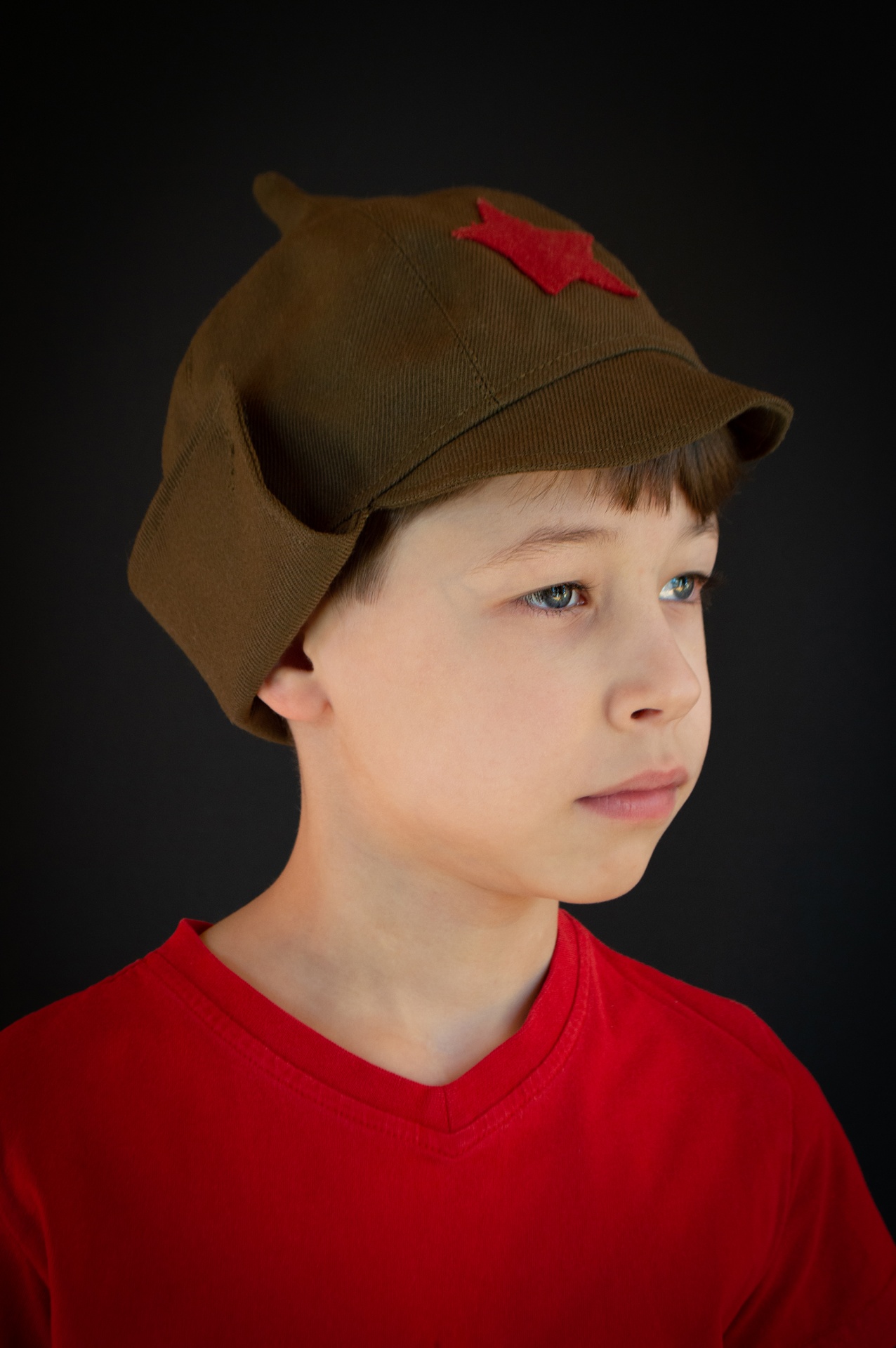1917 Kpkuang has become a significant point of interest for historians and enthusiasts alike. This year marked a pivotal moment in global history, with numerous events that shaped the socio-political landscape we know today. In this article, we will delve into the details surrounding 1917 Kpkuang, exploring its impact and relevance in contemporary discussions.
As we explore 1917 Kpkuang, it is essential to understand the broader historical context. The events of this year were not isolated; they were interconnected with various global movements. From wars to cultural shifts, 1917 played a crucial role in shaping modern society. This article aims to provide a comprehensive overview of these events, emphasizing their significance.
By examining the various components of 1917 Kpkuang, we can appreciate the complexities of history. Understanding past events helps us navigate present challenges and informs our future decisions. Let’s embark on this journey to uncover the legacy of 1917 Kpkuang.
Table of Contents
- Biography of 1917 Kpkuang
- Key Events of 1917
- Impact on Modern Society
- Cultural Significance
- Political Changes Post-1917
- Statistical Analysis of 1917
- Reliable Sources for Further Reading
- Conclusion
Biography of 1917 Kpkuang
To understand 1917 Kpkuang, it is helpful to look at its biography—what events occurred, and how they intertwine with historical narratives.
| Year | Event | Significance |
|---|---|---|
| 1917 | Russian Revolution | Led to the rise of the Soviet Union. |
| 1917 | Entry of the United States into World War I | Shifted the balance of power in the war. |
| 1917 | Publication of the Balfour Declaration | Set the stage for future conflicts in the Middle East. |
Key Events of 1917
The year 1917 was characterized by numerous significant events that shaped the course of history. Some of the most notable include:
- The Russian Revolution, which resulted in the overthrow of the Tsarist autocracy.
- The United States' decision to enter World War I, marking a critical turning point in the conflict.
- The Balfour Declaration, which expressed support for a Jewish homeland in Palestine.
Russian Revolution
The Russian Revolution was a series of uprisings in Russia that ultimately led to the establishment of a communist government. The Bolsheviks, led by Vladimir Lenin, played a crucial role in this revolution. The outcomes of the revolution were far-reaching, influencing global politics for decades.
U.S. Entry into World War I
In April 1917, the United States declared war on Germany, joining the Allies in World War I. This entry was driven by several factors, including unrestricted submarine warfare and the Zimmermann Telegram, which revealed German attempts to ally with Mexico against the U.S.
Impact on Modern Society
The events of 1917 Kpkuang have had lasting impacts on modern society. The political changes and social upheavals initiated in this year set the groundwork for future developments in governance, civil rights, and international relations.
Political Changes
The rise of communist ideology following the Russian Revolution had a profound influence on global politics. It led to the Cold War and continued to affect diplomatic relations worldwide.
Social Changes
Socially, the events of 1917 prompted discussions around democracy, civil rights, and governance that continue to resonate today. The struggles for equality and representation have roots in the upheavals of this year.
Cultural Significance
The cultural implications of the events of 1917 Kpkuang are equally significant. Literature, art, and music were all influenced by the tumultuous changes occurring during this period. Artists and writers began to reflect the disillusionment and hope that characterized society during and after the war.
Art and Literature
Many artists and writers began to explore themes of conflict, identity, and transformation. The period saw the emergence of new artistic movements that challenged traditional norms.
Music and Performance
Music from this era often served as a reflection of societal changes, with genres evolving to express the emotions of a war-torn world. Performances and theatre became platforms for political expression and social commentary.
Political Changes Post-1917
Post-1917, the political landscape saw significant shifts. The establishment of new governments and the spread of revolutionary ideals changed the course of history in various regions.
Rise of Totalitarian Regimes
The aftermath of the Russian Revolution saw the rise of totalitarian regimes in several countries, significantly affecting global politics.
Formation of International Alliances
The events of 1917 led to new international alliances and treaties as nations sought to prevent future conflicts, shaping the geopolitical landscape for decades.
Statistical Analysis of 1917
Understanding the statistical data from 1917 provides insight into the magnitude of the events that transpired. Key statistics include:
- Estimated casualties of World War I reached over 16 million.
- The Russian Revolution led to a significant demographic shift in population distribution.
- Economic impacts included inflation and shifts in labor demographics.
Reliable Sources for Further Reading
For those interested in exploring more about 1917 Kpkuang, here are some trustworthy sources:
- The World War I Museum
- The Russian Revolution Archive
- Books by historians specializing in early 20th-century history
Conclusion
In summary, 1917 Kpkuang represents a critical juncture in global history. The events of this year continue to influence modern society, politics, and culture. Understanding this legacy is essential for grasping the complexities of our current world.
We encourage you to leave a comment sharing your thoughts on 1917 Kpkuang or any related topics. Feel free to share this article with others who might find it interesting!
Thank you for reading, and we hope to see you again for more insightful discussions on historical topics.
Exploring The Colorado Campfire: A Guide To The Ultimate Outdoor Experience
Understanding SERPs Checker Tool: A Comprehensive Guide
Did Justin Bieber Die? The Truth Behind The Rumors


